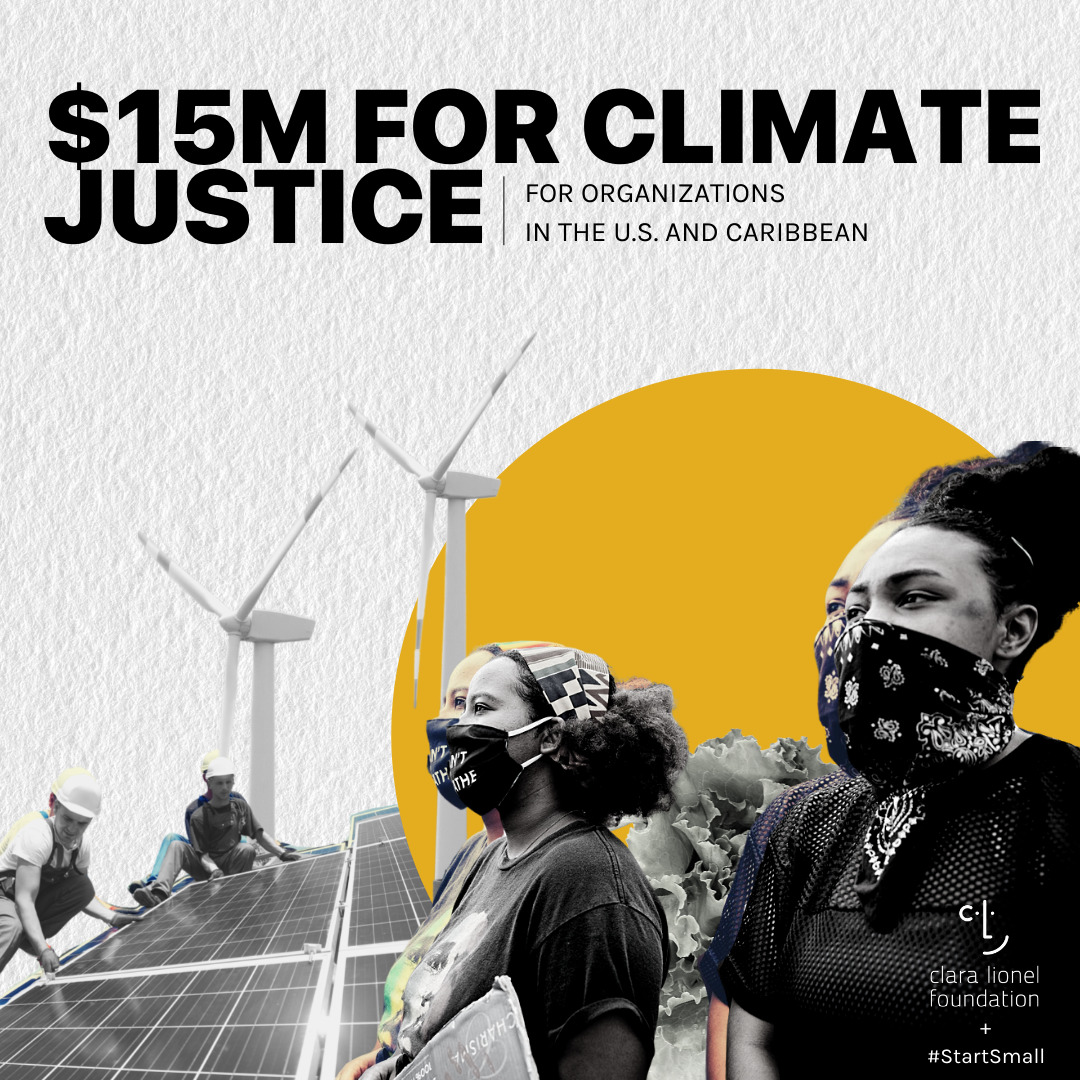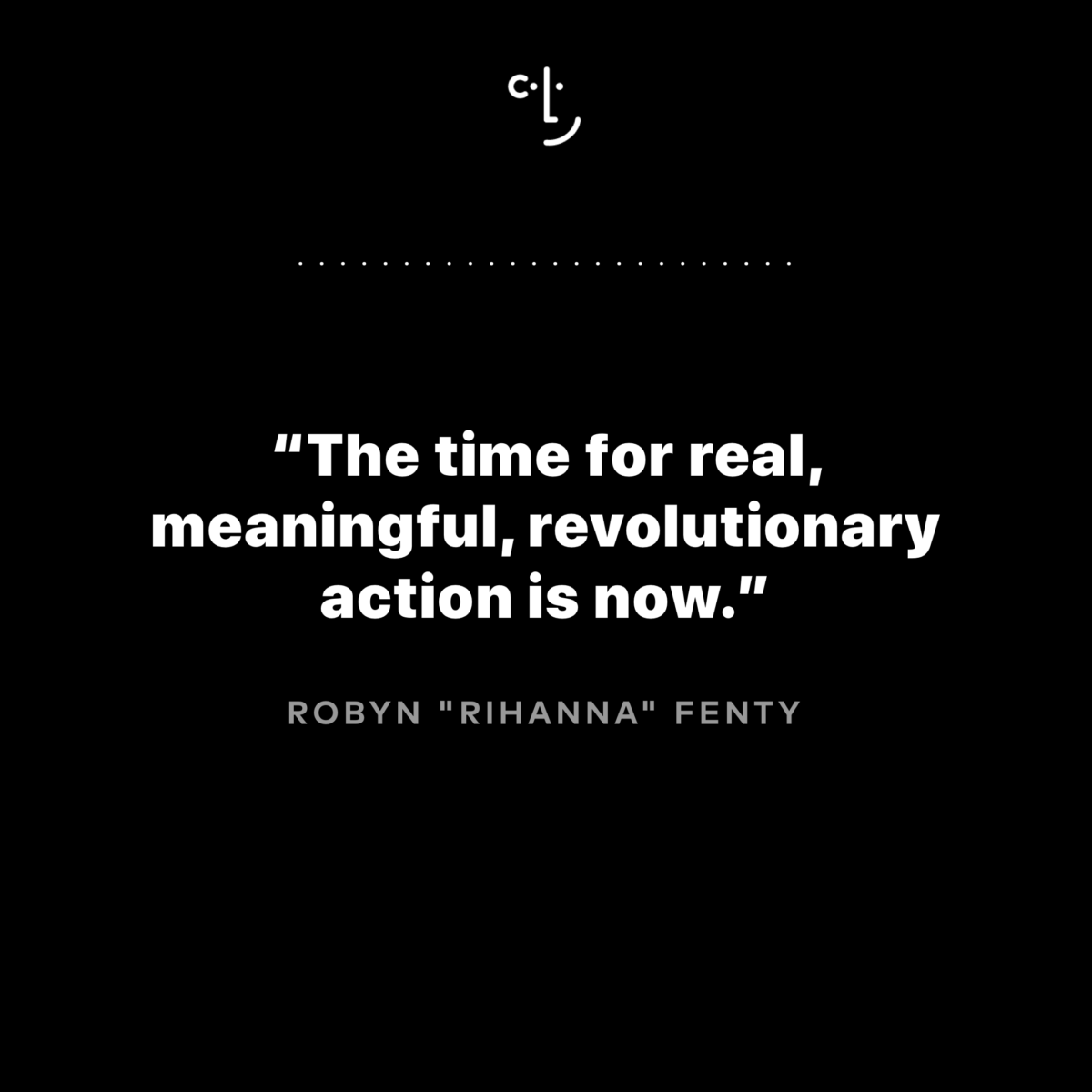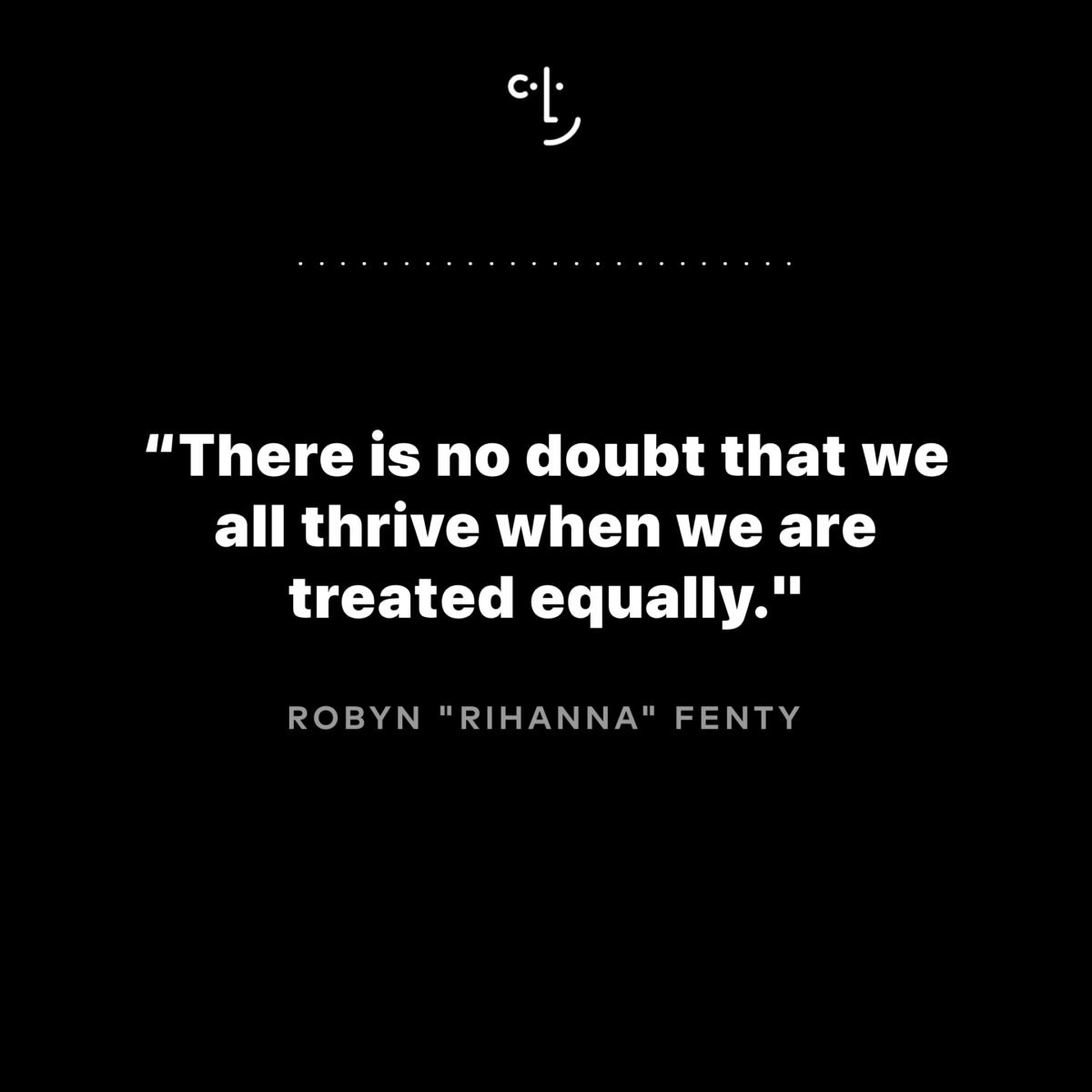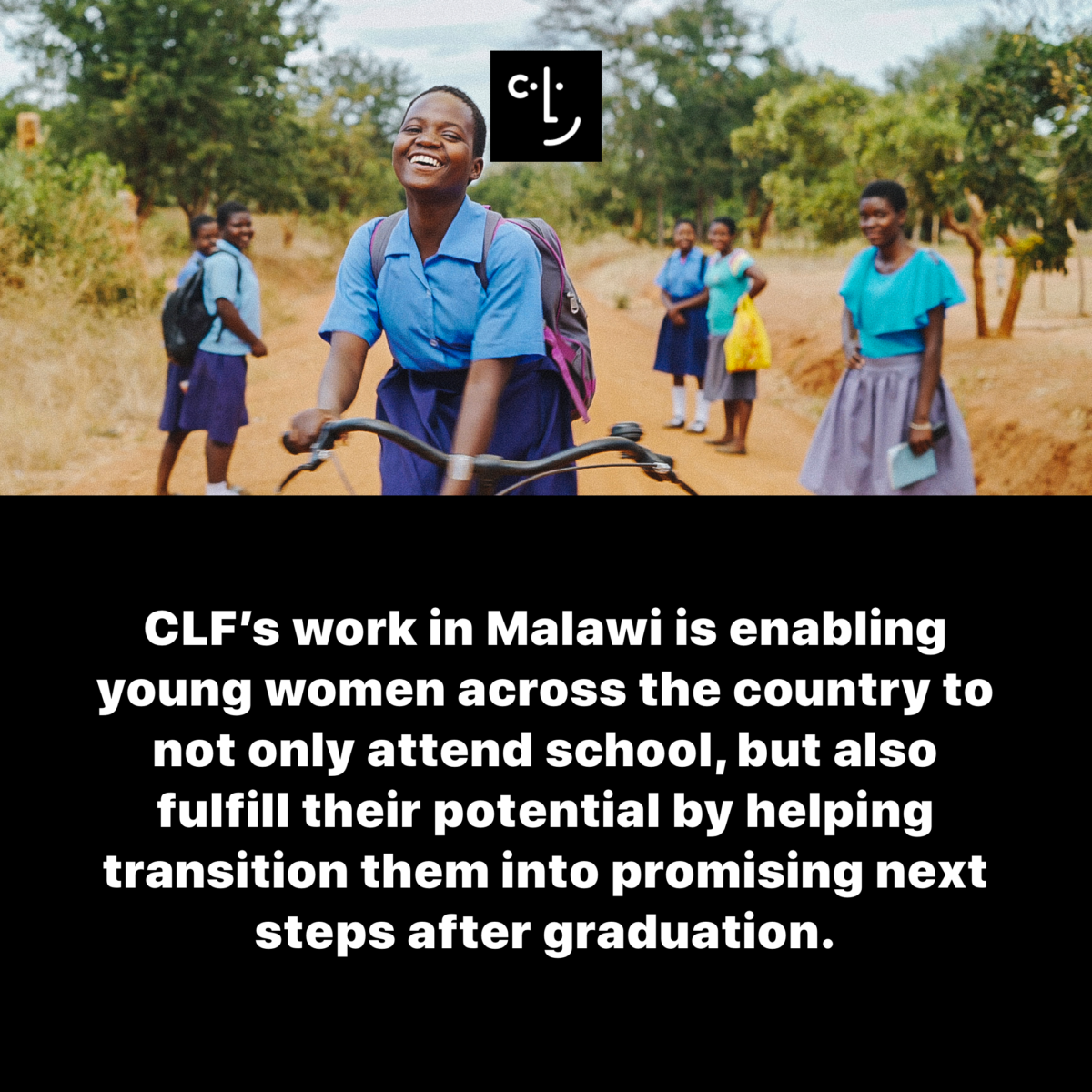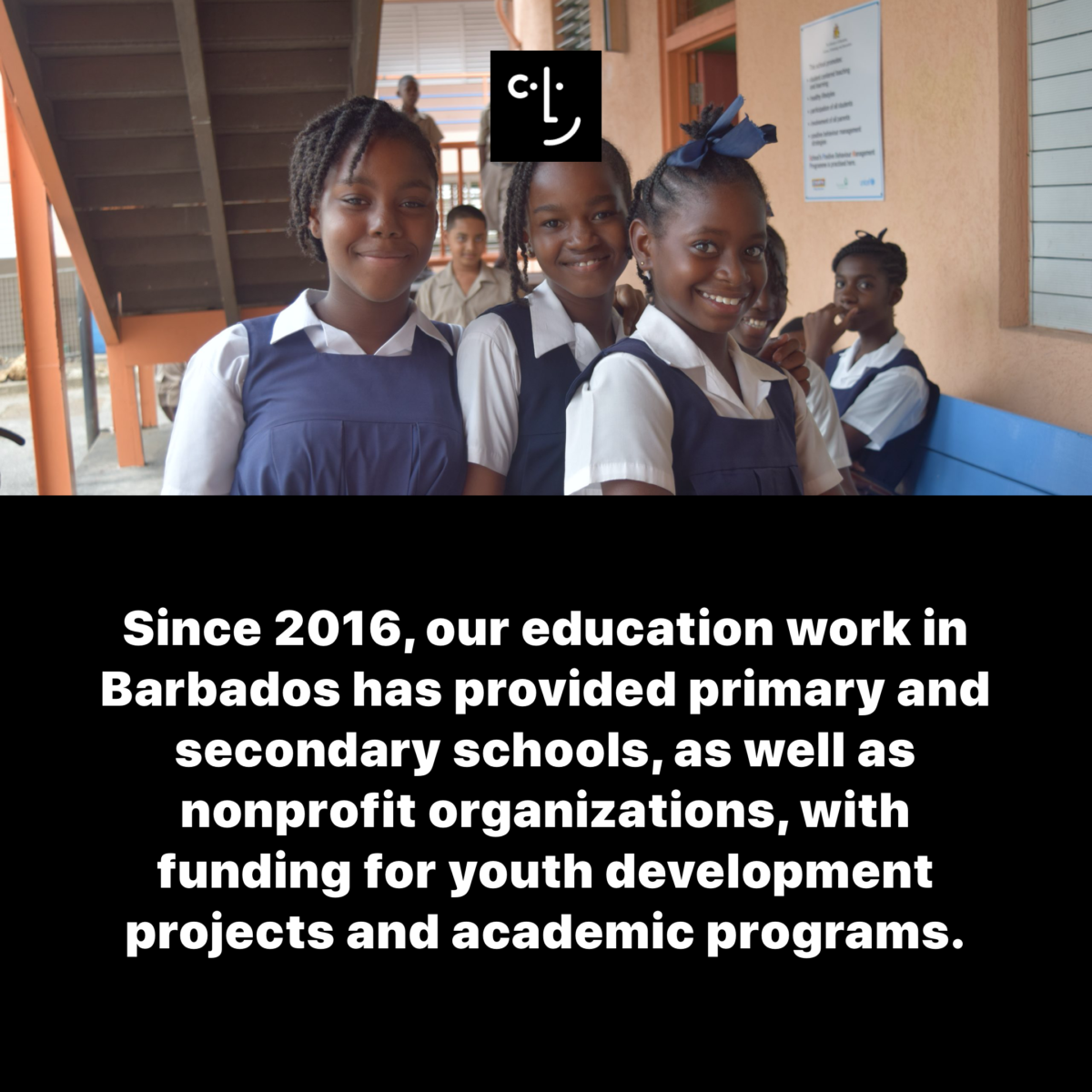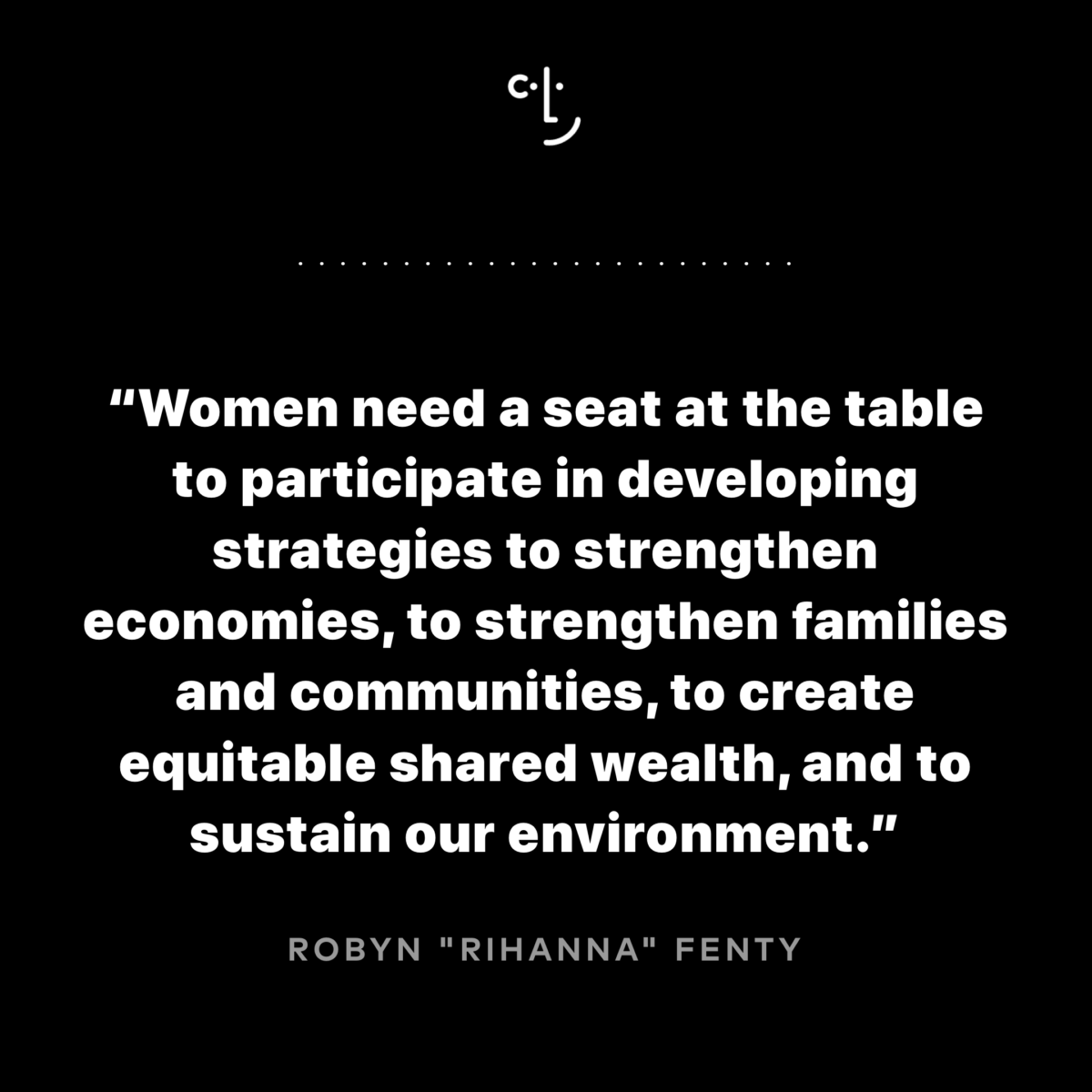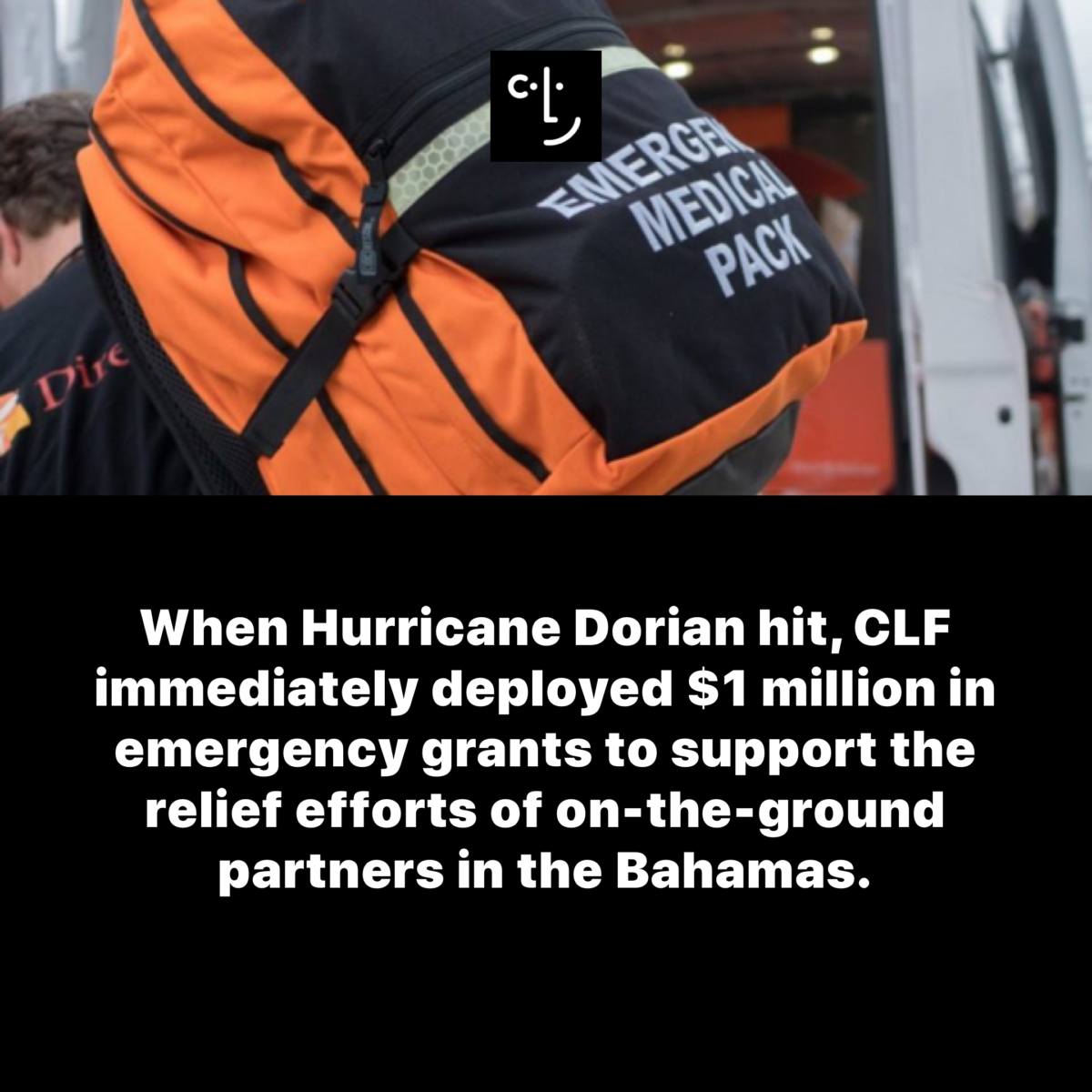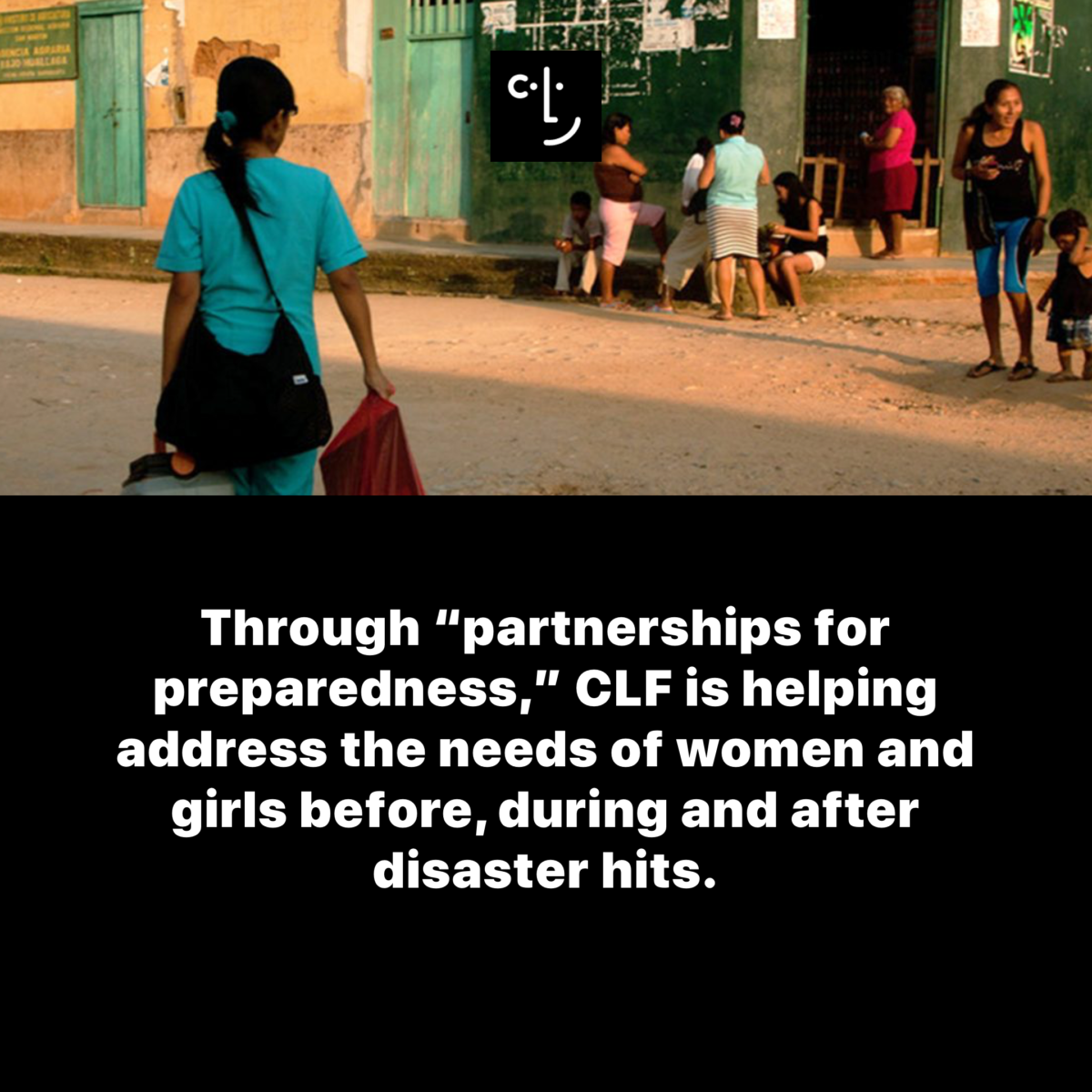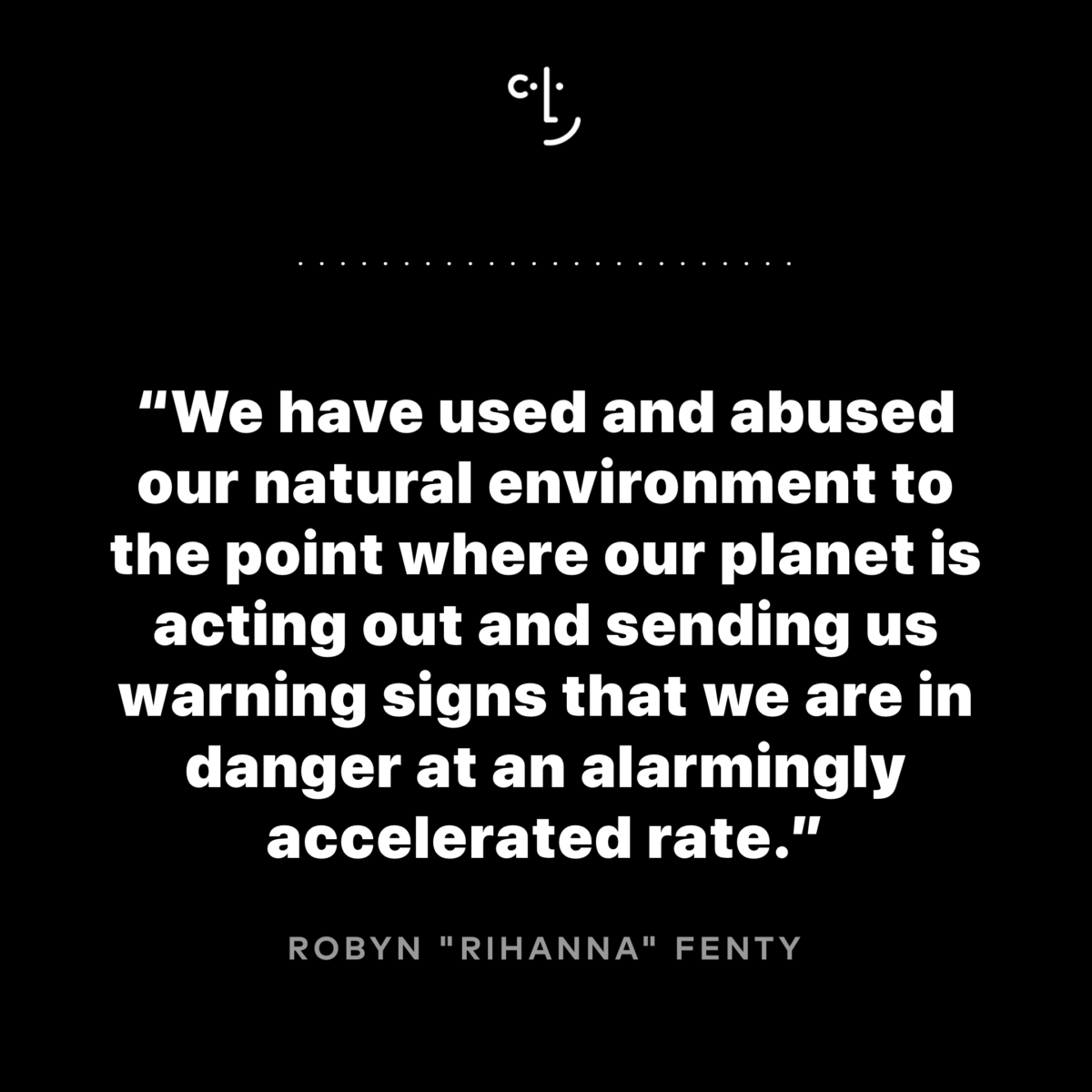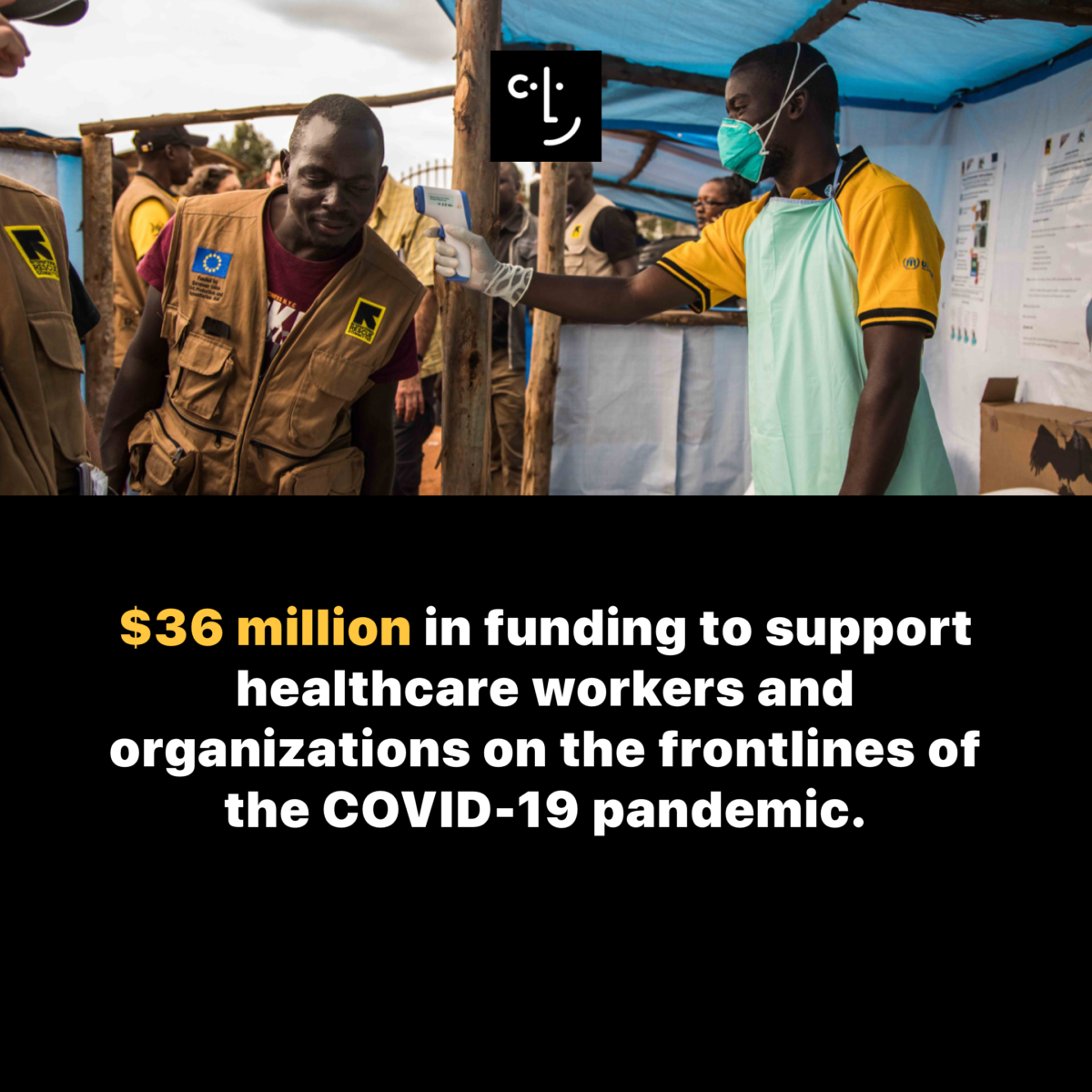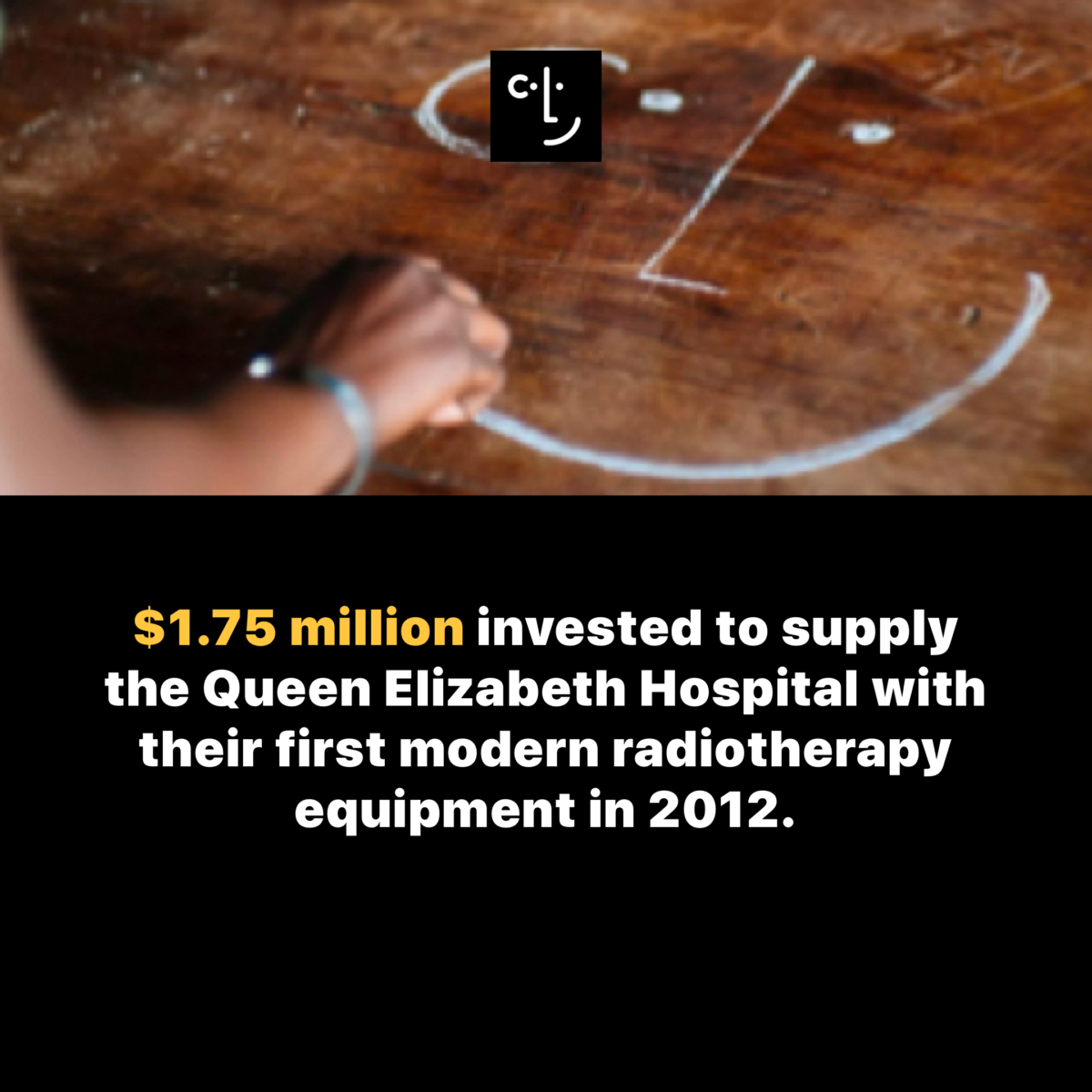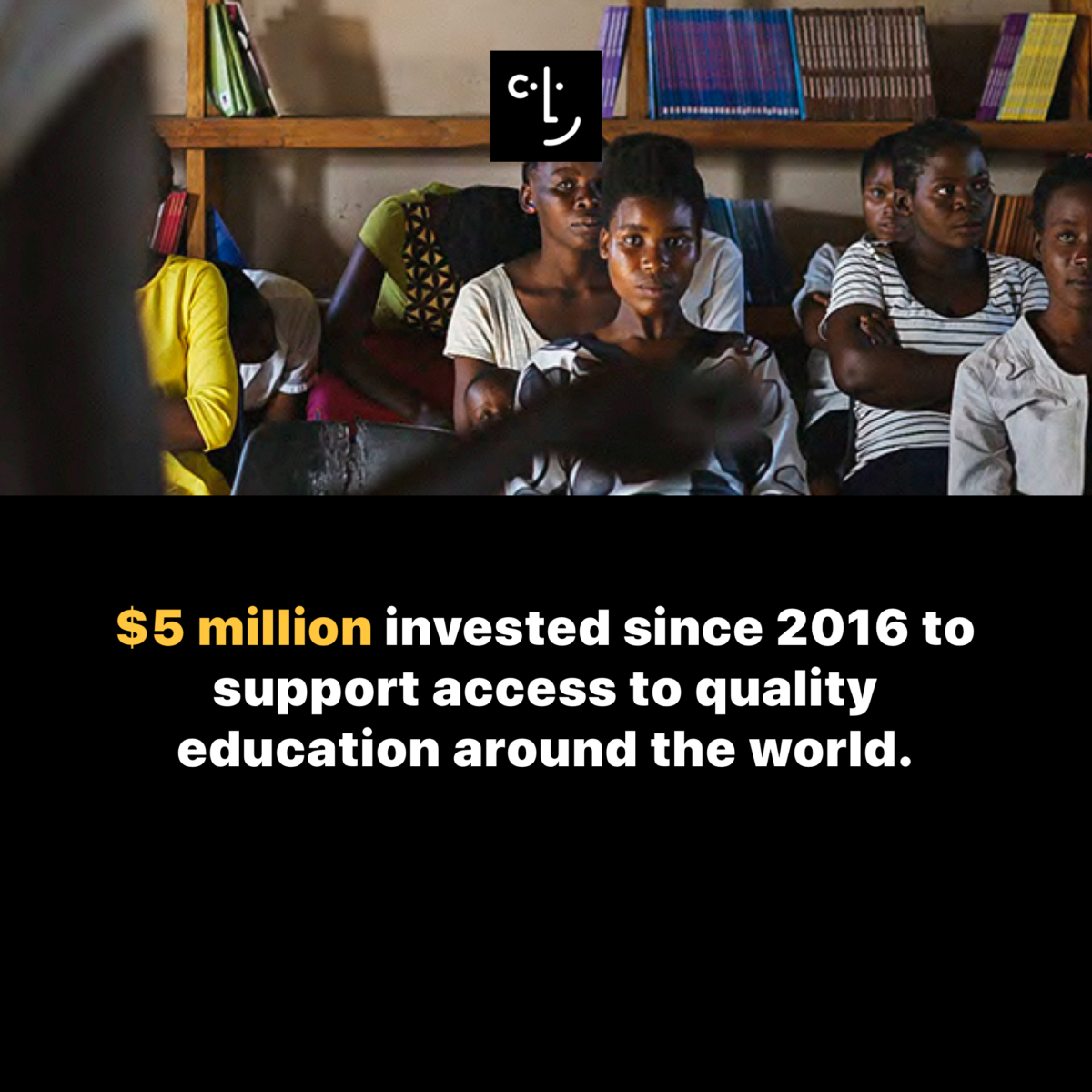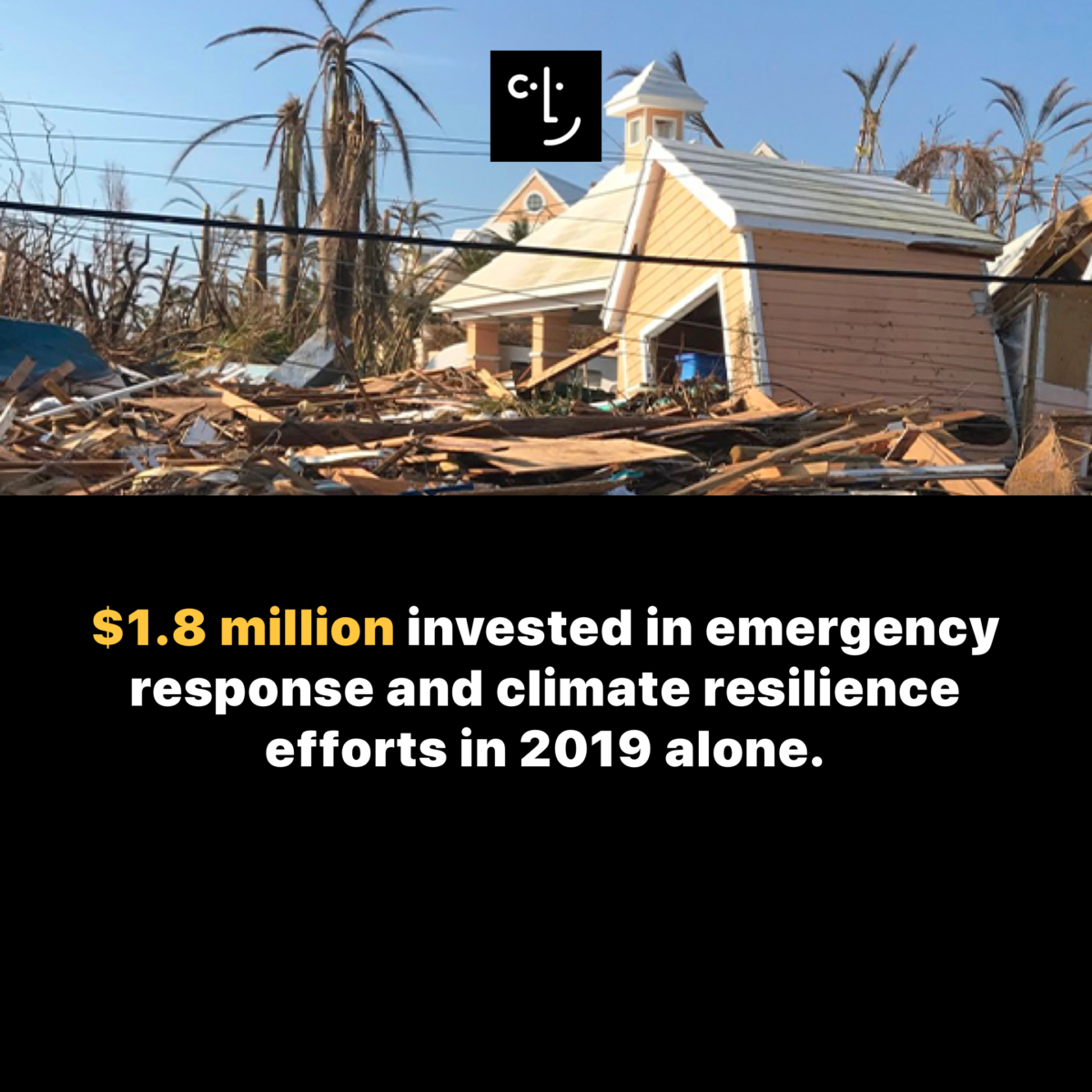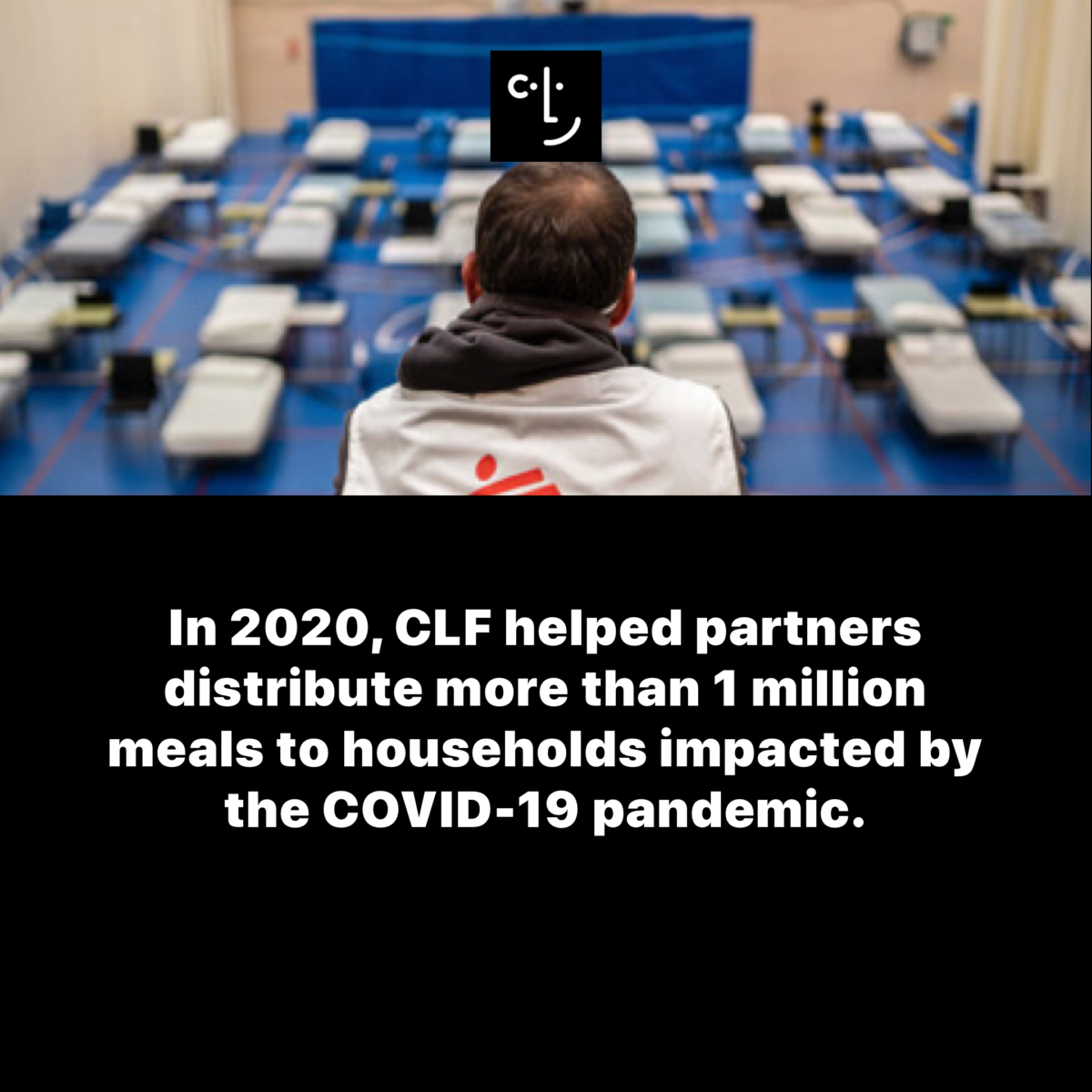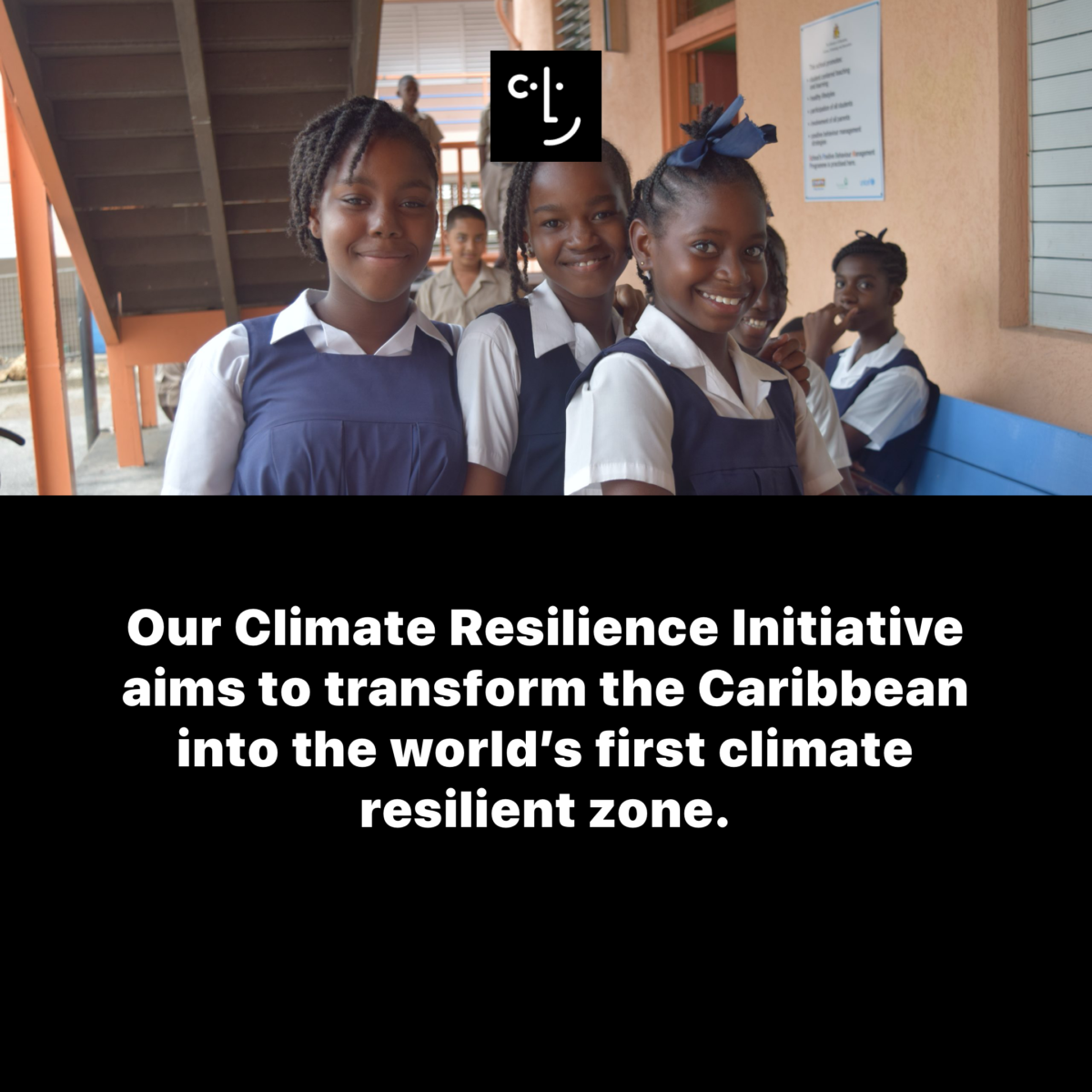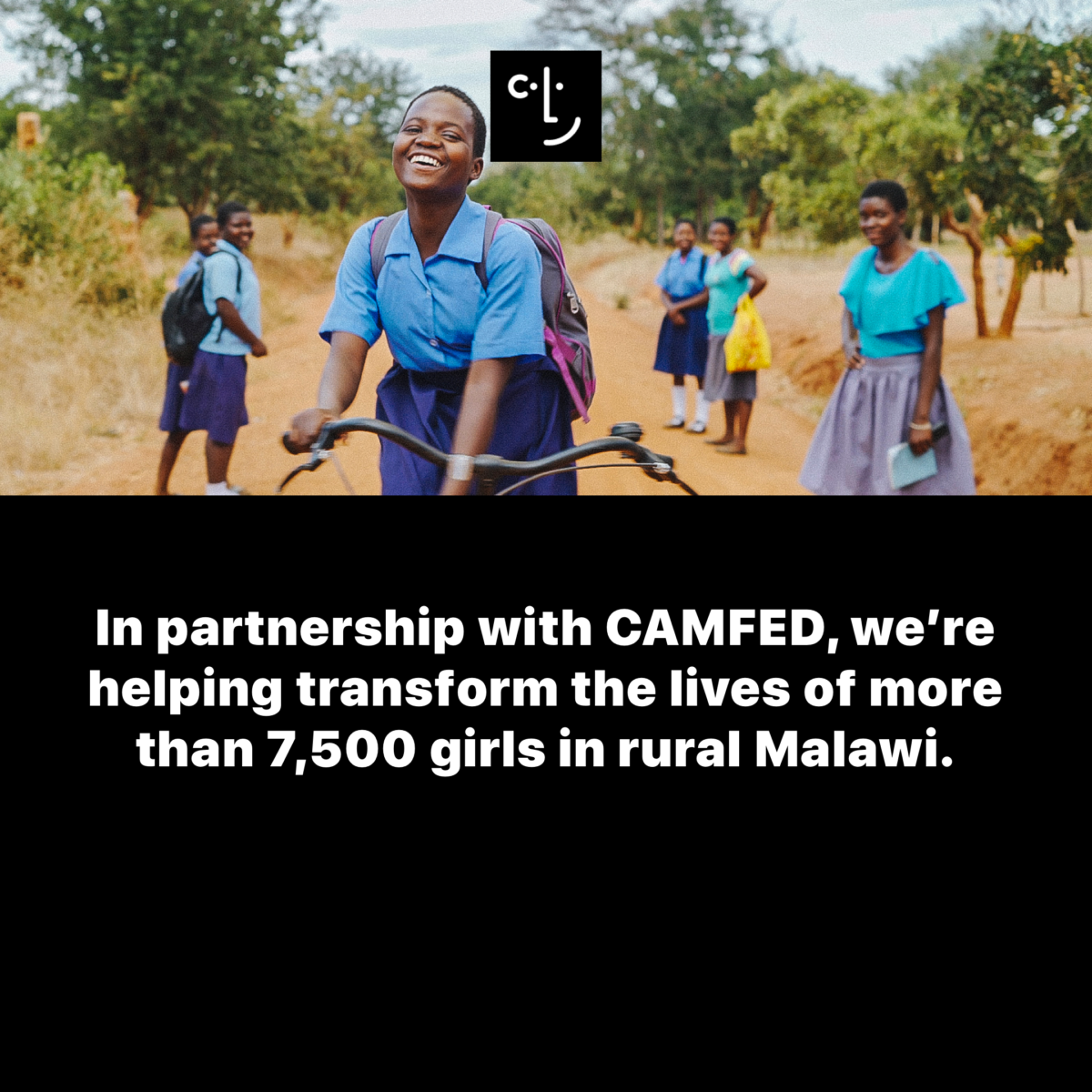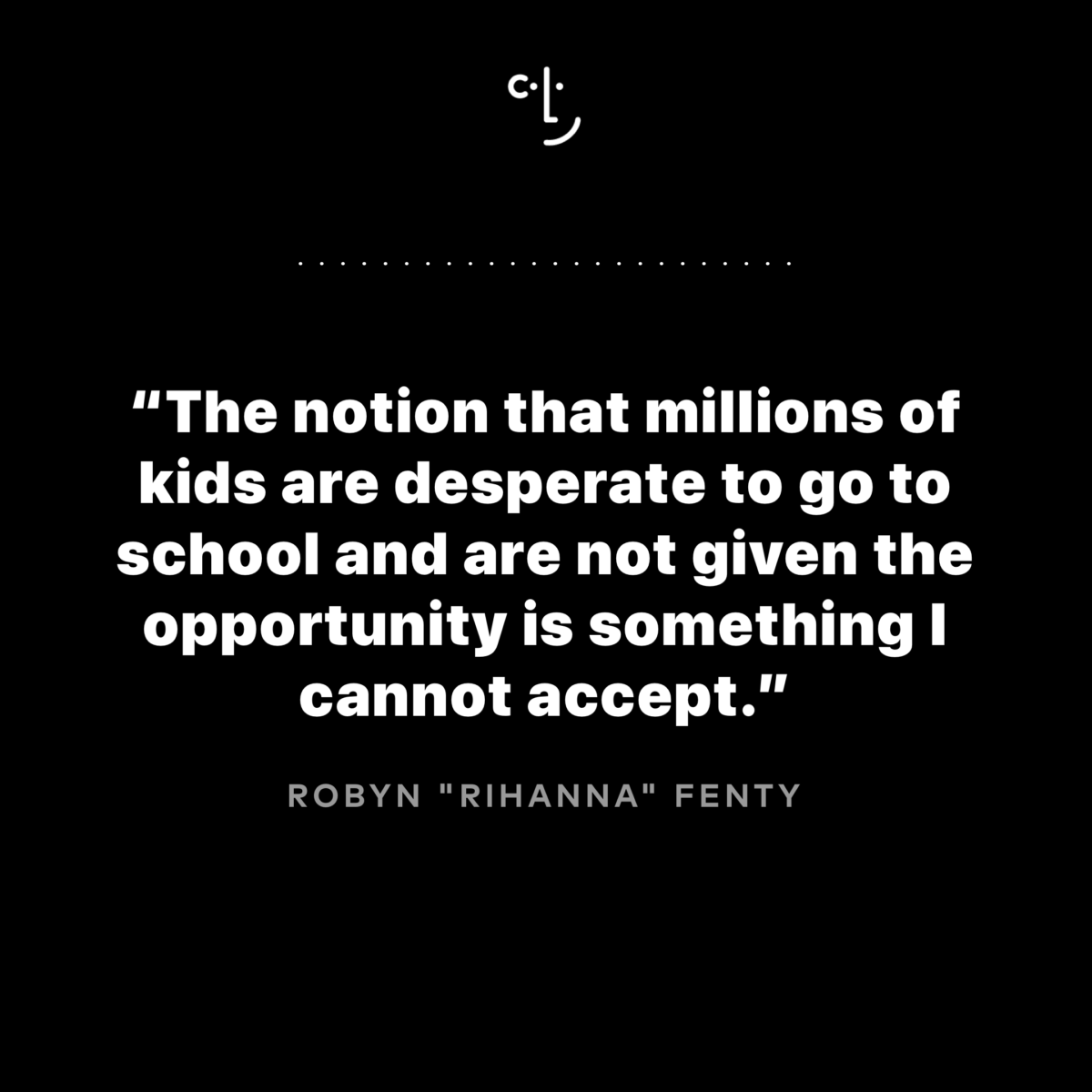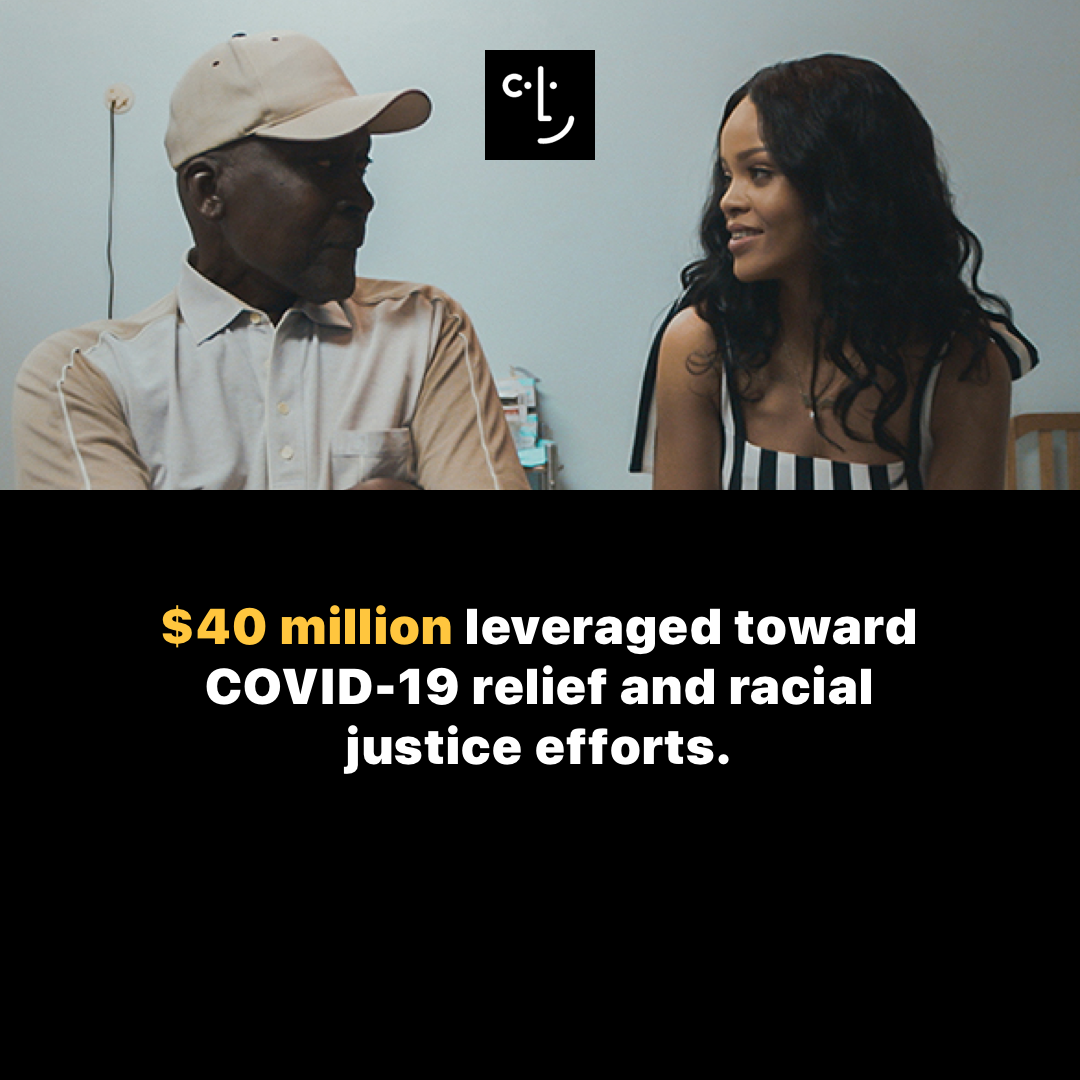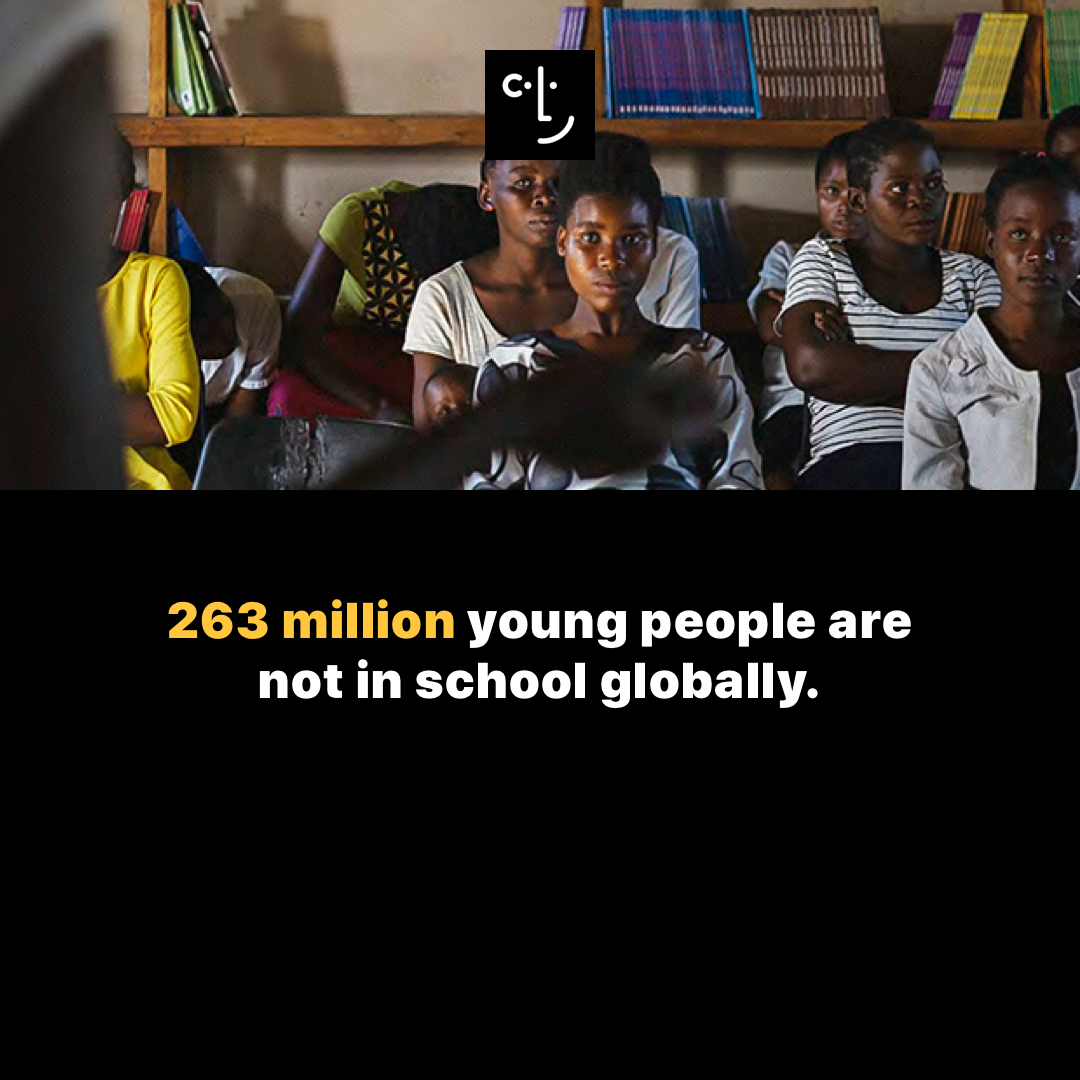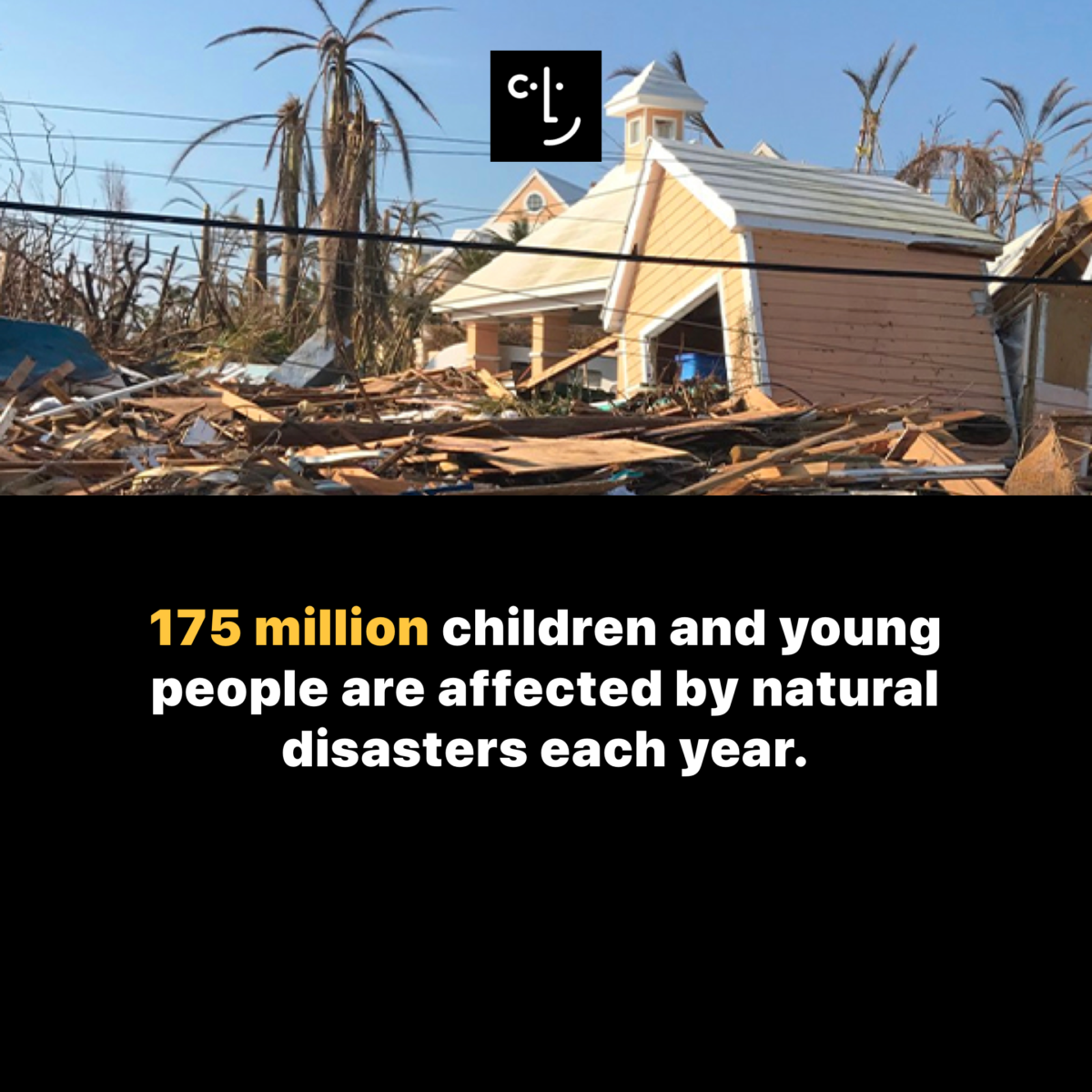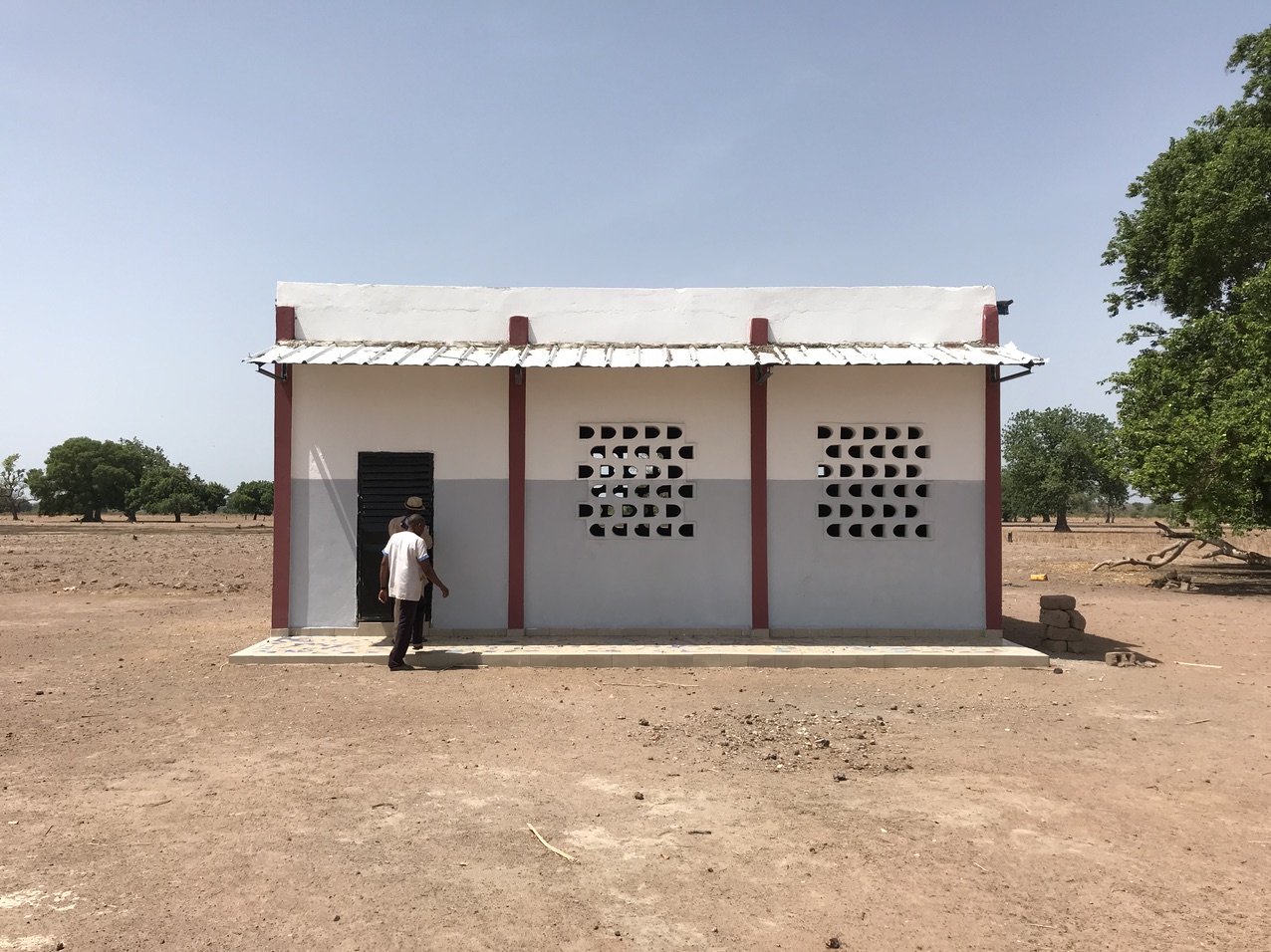
On the Ground in Senegal

With more than 263 million young people out of school globally, a significant part of a generation is at risk of getting left behind. As one of the most basic building blocks of a better future, access to quality education is not only a basic human right, it is a critical component of a foundation for a more productive and happier life.
Our work in education, and our subsequent journey to Senegal, first began in earnest in 2016, when we joined forces with the Global Partnership for Education (GPE) and Global Citizen to tackle the global education crisis on a broader scale. Two years later, in February 2018, we traveled to Dakar, Senegal to participate in the GPE’s Financing Conference. The conference, co-hosted by Senegal’s President Macky Sall and France’s President Emmanuel Macron, convened heads of states, NGOs, and business leaders with the goal of raising $3.1 billion in global funding for education.
As part of our advocacy work and as GPE’s Global Ambassador, Rihanna used her voice and harnessed those of her fans to call on governments to increase their commitments to funding global education. The efforts were a success: France stepped forward and increased their funding to $200 million.
Despite significant progress, economic growth, and decades of political stability, however, Senegal has continued to struggle with serious development challenges, particularly in the country’s rural regions where less than 50 percent of the female population can read and write. In fact, illiteracy is one of the biggest contributing factors to intergenerational poverty in Senegal, and the number of out-of-school children has stagnated.
That’s why, for the past two years, one of our core programs in the country has been focused on expanding access to primary education for children living in the country’s rural areas. We took on the challenge with our partner, Le Korsa—a dynamic non-profit organization that works directly with dedicated doctors, teachers, and students in Senegal to improve lives—to build three new schools in Tambacounda, a sparsely-populated part of the country where illiteracy is one of the biggest contributors to poverty.
We are pleased to report that, as of last month (June 2019), construction is not only complete, but that the first classes to experience the new schools are already looking forward to returning after summer break.
Built with the help of local artisans and laborers, these new classrooms replace existing, leaky thatched-roof structures which were highly vulnerable to the region’s high temperatures, dramatic rainy season and overall unpredictable climate. The new buildings remain 10-15 degrees cooler inside during the summer and are impervious to the area’s strong winds and heavy rains, ensuring that students from the community can attend school in a safe environment and continue classes no matter what the weather.
Three years after we first began this work, we know there is still much to be done. We believe in the right to education as a weapon against injustice and inequality, which is why we will not stop until every child, no matter where she lives, has the opportunity to fulfill her potential.
